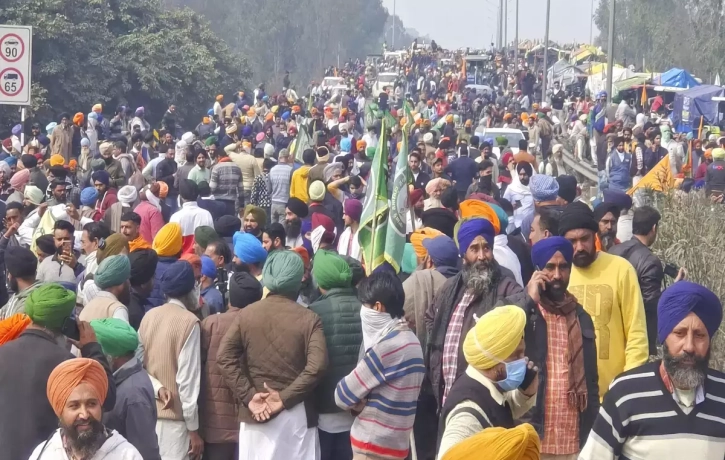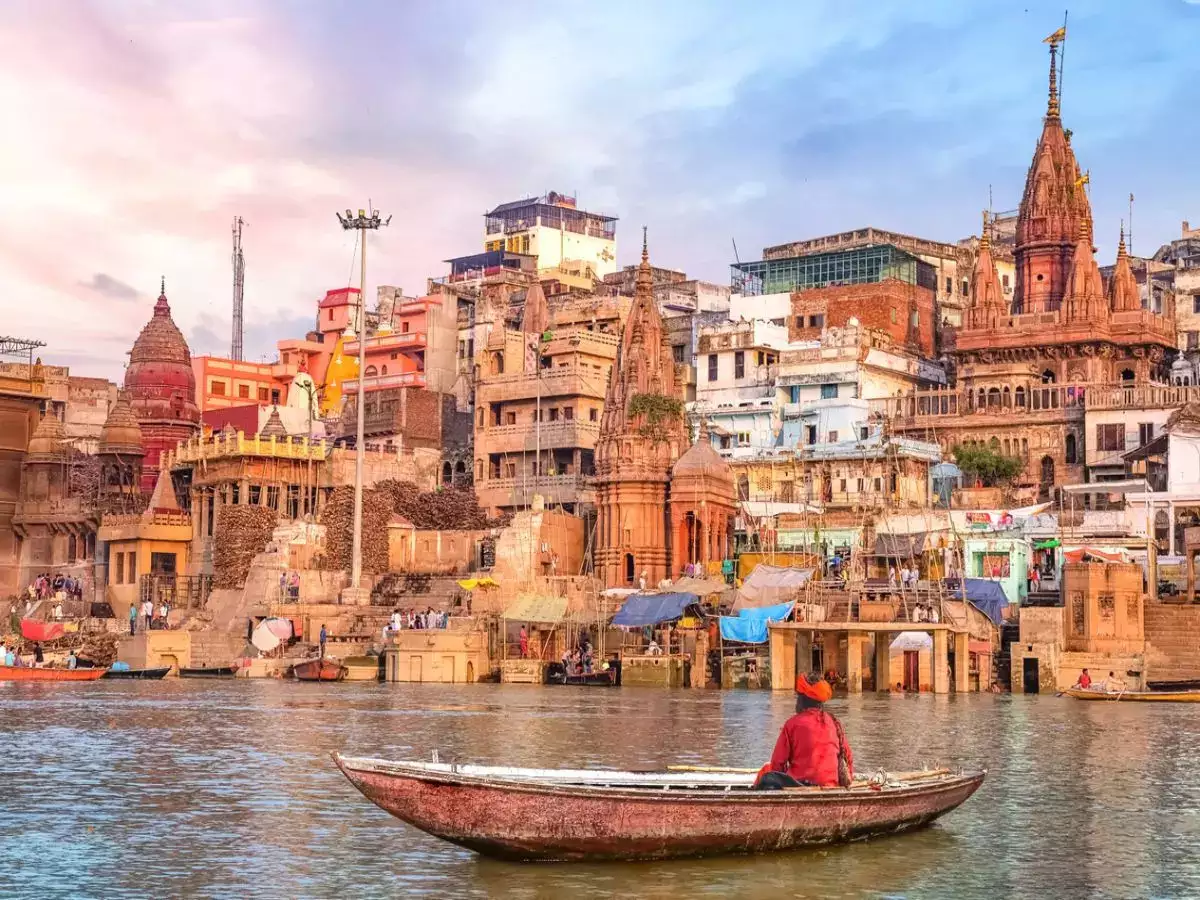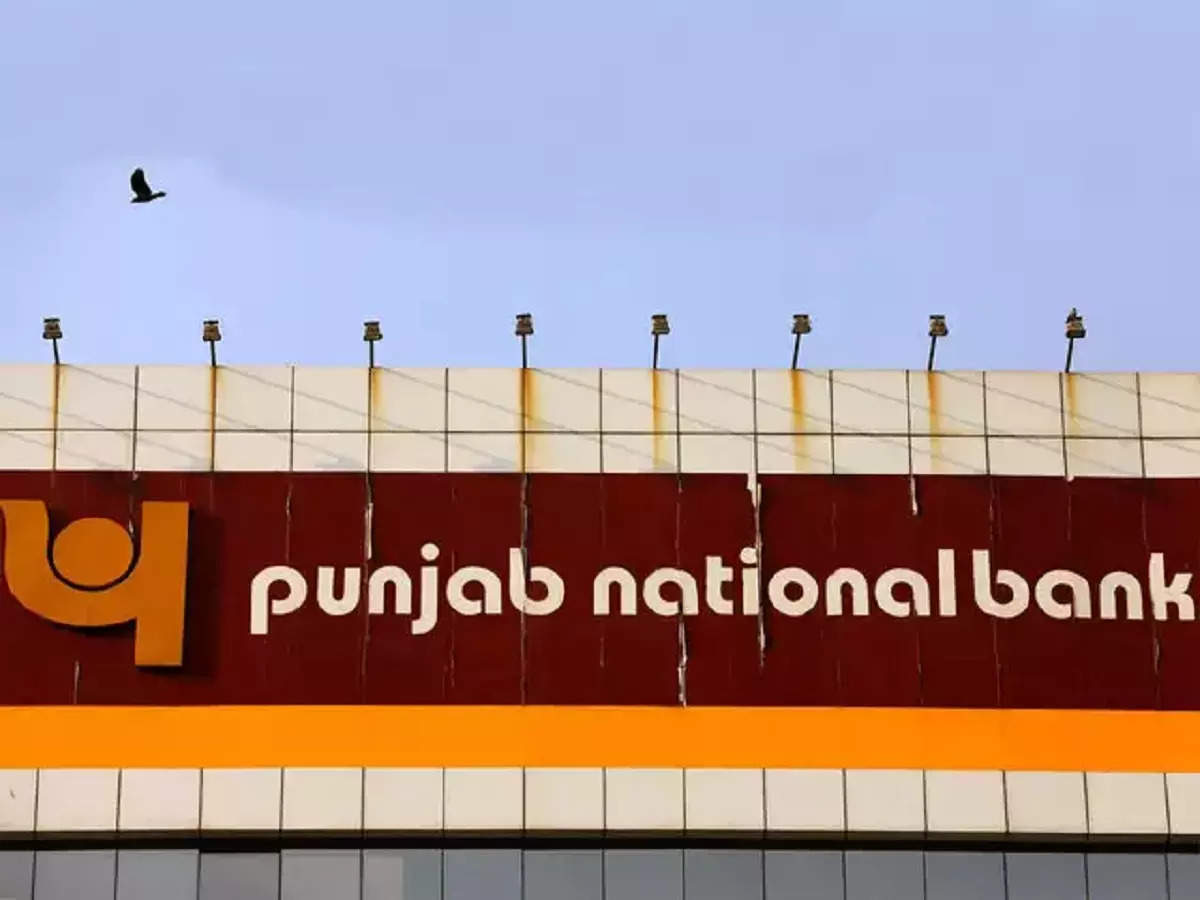Delhi Chalo, Indian farmers are cranking up the pressure on the government, planning a significant escalation of their ongoing protests. This move, dubbed “Delhi Chalo” (Let’s Go to Delhi), aims to bring a larger force of farmers directly to the capital city.
Frustration Fuels Mobilization
The “Delhi Chalo” movement comes after weeks of failed negotiations between farmers and the government. Farmers, particularly those cultivating crops beyond rice and wheat, are demanding higher guaranteed prices for their produce. The current system, where state agencies only buy a select few crops at minimum support prices, leaves many farmers feeling unfairly compensated.
From Fields to the City
Ramandeep Singh Mann, a farmer leader, outlined the plans. Farmers from across India, from southern Kerala to central Madhya Pradesh, will converge on New Delhi by train and bus. This broader mobilization strategy aims to amplify the voice of the agricultural sector.
Standing Their Ground
While the influx of farmers from outside Punjab and Haryana is expected. These northern states remain crucial to the movement. Here, thousands of farmers, equipped with tractors, will continue their sit-in protests at designated border points. However, they also plan a symbolic attempt to enter New Delhi with their tractors, a move certain to draw national attention.
A Tense Standoff
The situation along the borders has already grown tense. Clashes with security forces involving tear gas and water cannons have been widely broadcasted, highlighting the farmers’ resolve. The human cost of these confrontations is stark, with reports of at least one death and injuries on both sides.
Raising the Stakes
Determined to see their demands met, the farmers are planning further disruptive actions. On March 10th, a nationwide railway blockade is scheduled for four hours in the afternoon. This tactic aims to further pressure the government by impacting national transportation.
The Fight for a Fairer Future
The “Delhi Chalo” escalation signifies the farmers’ unwavering commitment to their cause. They seek a legal framework that guarantees fair pricing for their crops, ensuring a more secure and sustainable future for the agricultural sector and millions of Indian families who depend on it.






